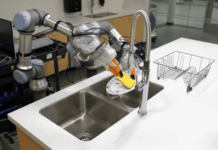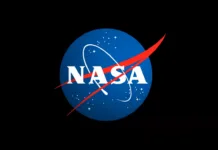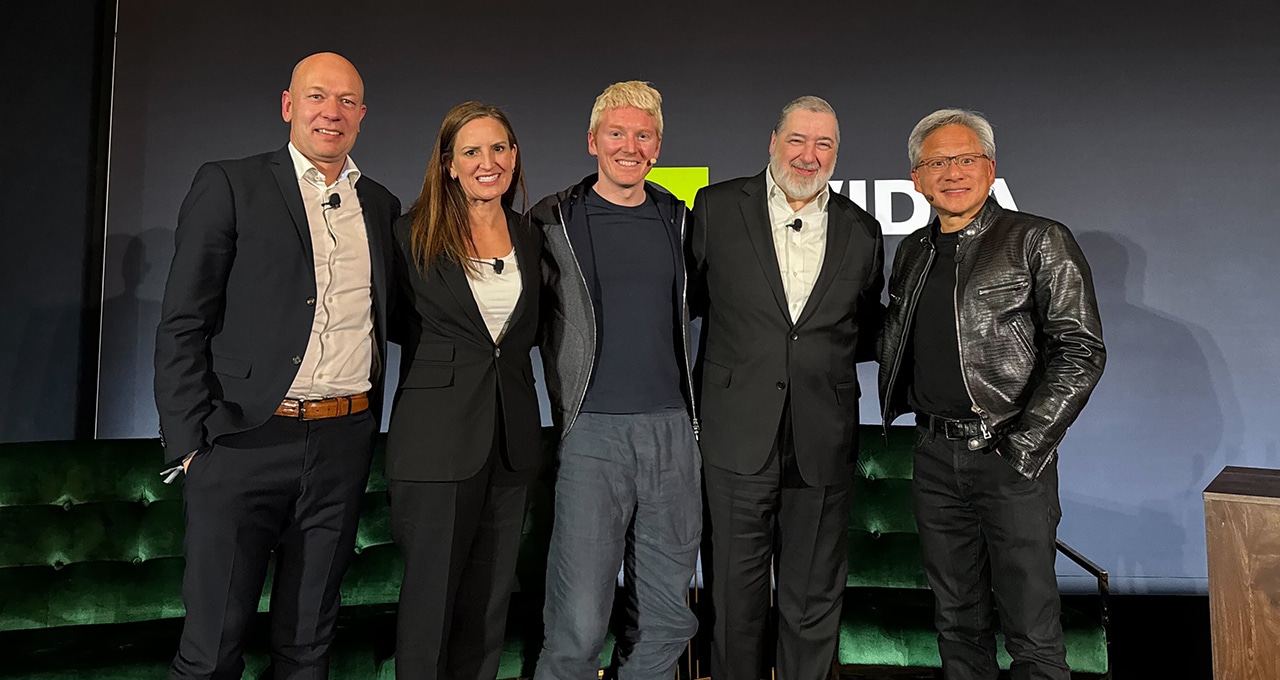Artificial Intelligence (AI) has been steadily integrating itself into the healthcare sector, revolutionizing everything from genomic research to drug discovery, the management of clinical trial workflows, and the delivery of patient care. At the recent J.P. Morgan Healthcare Conference in San Francisco, a significant discussion unfolded on this very topic. NVIDIA’s founder and CEO, Jensen Huang, was joined by leading figures in the industry to explore the transformative impact of AI on biomedical science and its potential to address the increasing global demand for healthcare services.
A pressing issue in healthcare today is the acute shortage of skilled labor. The World Health Organization projects that by the end of this decade, there will be a deficit of 10 million healthcare workers globally. This shortfall poses a significant challenge to meeting the growing needs of patients worldwide. To combat this, innovators are utilizing AI technologies, such as foundation models and agentic AI, to streamline processes and help healthcare professionals optimize their time and resources.
The panel featured prominent industry leaders, including Patrick Collison, co-founder of Stripe and the Arc Institute; Christina Zorn, Chief Administrative Officer at Mayo Clinic; Jacob Thaysen, CEO of Illumina, a leader in DNA sequencing technology; and Ari Bousbib, Chairman and CEO of IQVIA, a provider of clinical research and commercial services. Together, their organizations announced collaborations with NVIDIA aimed at advancing drug discovery, accelerating pathology research, enhancing genomic studies, and augmenting healthcare capabilities with agentic AI.
### The Evolution of AI: From Prediction to Reasoning
Jensen Huang kicked off the conversation by reflecting on AI’s significant advancements over the previous year, encompassing large language models, visual generative AI, and physical AI applications in robotics. He envisions a future where AI doesn’t just predict outcomes but also reasons and solves problems.
“The future of AI is likely to involve a fair amount of thinking,” Huang asserted. “The ability for AI to now reason, plan, and act is foundational to the way we’re going to go forward.”
In support of these developments, NVIDIA recently introduced NVIDIA Cosmos, a physical AI platform featuring advanced generative world foundation models. These models function similarly to language models that predict the next word in a sentence, but for AI, they predict the next action a robot should take.
“The idea that you can generate the next frame for a video has become common sense,” Huang explained. “And if that’s the case, is it possible that generating the next articulation could be common sense? And the answer is absolutely.”
### AI Across Different Modalities
The session, akin to a late-night talk show format, saw Huang inviting guest speakers to share their insights on accelerating biomedical research through AI innovation.
Patrick Collison of the Arc Institute was the first to speak, discussing the institute’s mission to support researchers in tackling long-term scientific challenges by providing multi-year funding. This approach allows scientists to focus on innovative research without being bogged down by the traditional grant-writing process, which Collison believes is crucial for achieving breakthroughs that are currently unattainable under conventional funding models.
“A lot of the low-hanging fruit, the stuff that is easier to discover, we did,” Collison noted, referencing past medical breakthroughs like antibiotics and chemotherapy. “Today, it’s immensely harder.”
The Arc Institute’s investments have already yielded Evo, a powerful foundation model that comprehends the languages of DNA, RNA, and proteins. The institute is now collaborating with NVIDIA on foundation models for biology that can drive progress in drug discovery, synthetic biology, disease and evolution research, and more.
Next, Christina Zorn from Mayo Clinic shared how the renowned research hospital is leveraging NVIDIA technology to transform its vast pathology database into a tool for enhancing cancer care through AI insights.
“We saw a paradigm shift in healthcare. You’re either going to disrupt from within or you’re going to be disrupted,” Zorn stated. “We knew we had to embrace tech in a way that was really going to optimize everything we do.”
Zorn also highlighted Mayo Clinic’s strategy for addressing the future healthcare worker shortage by investing in robotics.
“We’re going to use, essentially, the robots to be a member of the healthcare team in the healthcare spaces,” she said.
The discussion concluded with insights from leaders in healthcare information, who reflected on how multimodal AI models can provide deeper biological insights and streamline processes, thereby enhancing the capabilities of human experts.
“Combining other information, other modalities, other ‘omics’…is going to give us much deeper insight into biology. But while DNA was very difficult itself, when you then combine all the omics, it becomes exponentially more challenging,” said Jacob Thaysen of Illumina. “It’s getting so complicated that we do need huge computing power and AI to really understand and process it.”
IQVIA is collaborating with NVIDIA to develop custom foundation models and agentic AI workflows tailored to the organization’s extensive healthcare-specific information and expertise. These models have the potential to improve the efficiency of clinical trials and optimize the planning for the launch of new therapies and medical devices.
The company is committed to using AI responsibly, with a focus on privacy, regulatory compliance, and patient safety.
“The opportunity here is to try to reduce the dependencies and sequential series of steps that require a lot of interactions, and handle them without human touch,” Bousbib explained. “AI agents will be able to eliminate the white space, that is, the time waiting for humans to complete those tasks. There’s a great opportunity to reduce time and costs.”
### NVIDIA’s Role at J.P. Morgan Healthcare
The fireside chat followed a presentation by Kimberly Powell, NVIDIA’s Vice President of Healthcare, at the conference. Powell discussed industry collaborations and unveiled new resources for healthcare and life sciences developers.
These resources include an NVIDIA NIM microservice for GenMol, a generative AI model designed for controlled, high-performance molecular generation, and the NVIDIA BioNeMo Blueprint for protein binder design. These tools are part of the NVIDIA Blueprints collection, which offers enterprise-grade reference workflows for agentic and generative AI applications.
For those interested in learning more about NVIDIA’s contributions to the J.P. Morgan Healthcare Conference, an audio recording of Powell’s session is available. Additionally, readers can subscribe to NVIDIA’s healthcare news updates to stay informed about the latest developments in the field.
In summary, AI’s ongoing evolution is poised to significantly enhance the healthcare industry, offering innovative solutions to some of its most pressing challenges. By fostering collaborations and developing advanced AI models, companies like NVIDIA are paving the way for a future where AI-driven insights and efficiencies transform patient care and biomedical research. As the healthcare industry continues to grapple with a labor shortage, the integration of AI technology promises to empower healthcare professionals and improve outcomes worldwide.
For more Information, Refer to this article.


































